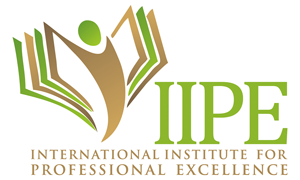The Canadian Standards & Guidelines for Career Development Practitioners (S & Gs) define the competencies Career Development Practitioners need in order to practice effectively and ethically. They are used extensively in Canada in shaping professional training and development programs, certification and scope of practice.
Our S & Gs have been heralded as an international model by the OECD and were the basis for the competency framework established by the International Association for Educational and Vocational Guidance (IAEVG).
The Standards and Guidelines have been organized into components as follows:
- The Core (Contains all core competencies, that all career practitioners should possess)
- Areas of Specialization (Unique competencies for each area of specialization and the Shared Specialization Competencies (SSC) pertaining to that area)
– Assessment
– Facilitated and Individual Group Learning
– Career Counselling
– Information and Resource Management
– Work Development
– Community Capacity Building
The areas of specialization are competencies needed to provide specific career development services that clients may need. These competencies vary according to the nature of the specific service. Service providers may have the competencies and therefore meet the standards in one, or more areas of specialization, depending on the nature of their duties and the services they provide.
The core and specialty areas are equally valued. There is no hierarchy intended between core and specialty or among the specializations. No area is seen as more or less important than any others. All competency areas are important in providing comprehensive career development services.
All career development practitioners will need to have a certain number of basic competencies in all six areas of specialization. These basic competencies appear in the Core. Thus the Core provides a foundational level of competence for each Area of Specialization.
However, in each Specialization there are many additional and advanced competencies specific to that specialization. For example, all career development practitioners will need to have a certain amount of competence in the area of assessment (Core). Assessment specialists have this core as well as many additional and advanced assessment competencies.
Field testing of the initial standards document revealed that some competencies were relevant to more than one area of specialization. These types of competencies are referred to as Shared Specialization Competencies (SSC). They are competencies that are appropriate for more than one area of specialization, but are not common to all areas of specialization.
It is important to emphasize that all specializations are equally important in providing comprehensive services. In practice however, it is likely that the extent to which each area of specialization is covered in the core will vary from one specialization to another. It is also likely that the specializations will require varying numbers of competencies and likely different types and/or amounts of training and experience to be able to demonstrate the competencies.
